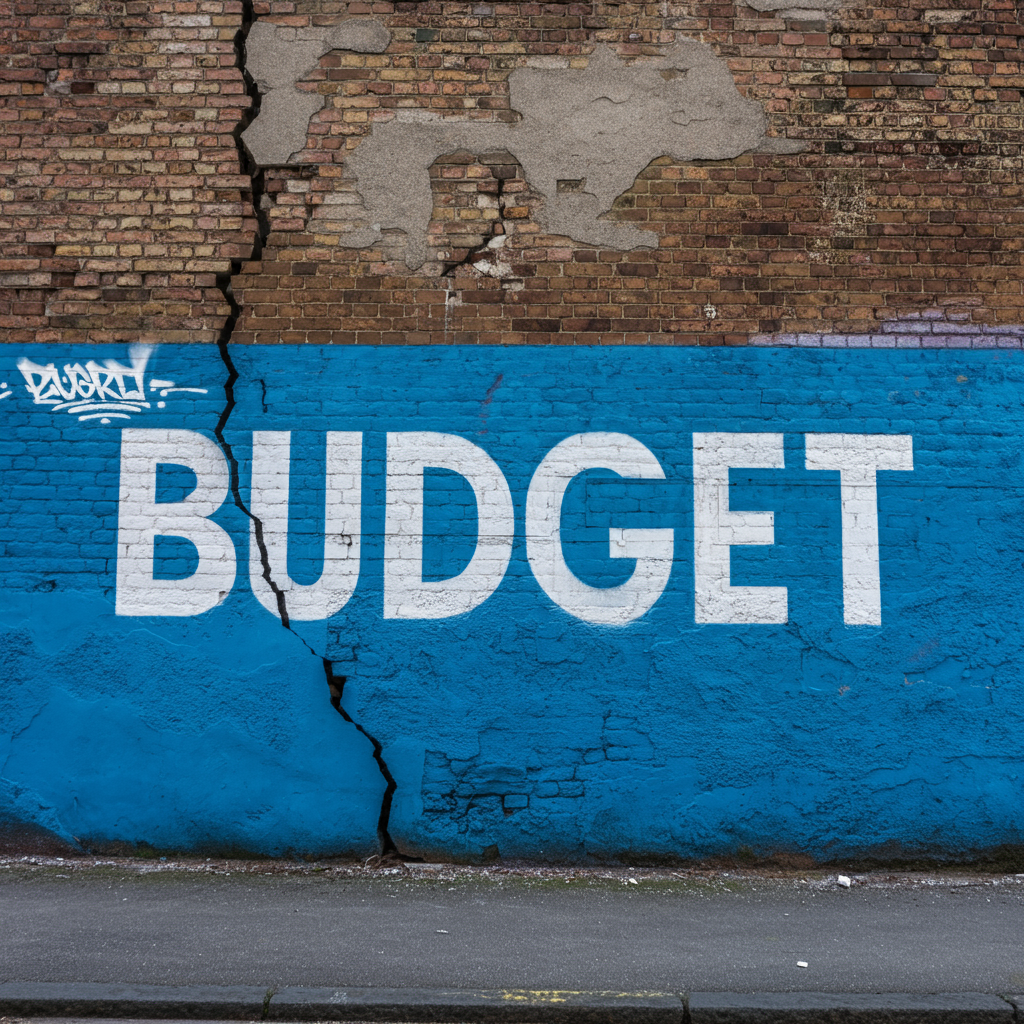Minimalism isn’t just about owning fewer things—it’s also a powerful way to improve your financial health. By focusing on intentional living, you can significantly cut down on unnecessary expenses and build financial freedom. Here’s how minimalism can help you save money:
1. Spend Less on Impulse Purchases
One of the core principles of minimalism is mindful consumption. By being intentional with your purchases, you’ll find yourself avoiding impulse buys that don’t add real value to your life. This simple habit can lead to significant savings over time.
2. Prioritize Quality Over Quantity
Minimalists tend to invest in high-quality items that last longer, reducing the need for constant replacements. While this may mean spending more upfront, it saves money in the long run by avoiding cheap, low-quality items that break or wear out quickly.
3. Reduce Entertainment Costs
Minimalism encourages you to shift your focus from material possessions to experiences. Instead of spending money on expensive gadgets or trendy items, consider free or low-cost activities like hiking, reading, or spending time with loved ones. These simple experiences often bring more joy than material goods.
4. Declutter and Sell Unused Items
Minimalism is about getting rid of excess, and that includes items you no longer need. Go through your belongings and sell anything that’s still in good condition but no longer serves a purpose. This can give you an immediate financial boost.
5. Simplify Your Living Space
Living minimally often means downsizing or reducing unnecessary expenses related to your home. Whether it’s moving to a smaller place or cutting down on utilities and maintenance costs, simplifying your living space can free up more money for savings or experiences.
Final Thought: Minimalism and financial freedom go hand in hand. By adopting a minimalist lifestyle, you can cut unnecessary expenses, focus on what truly matters, and build a more financially secure future.





